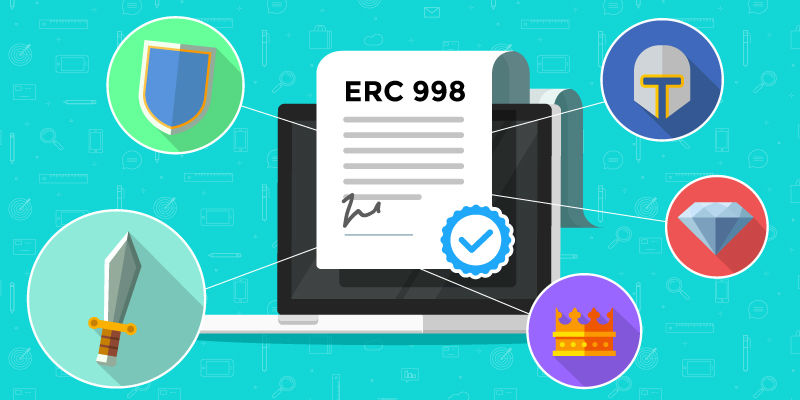Nonfungible tokens (NFTs) made legal history in the past week. For the first time in a federal court, it was determined that sending an NFT can be considered serving legal notice. Judge Beth Bloom of the US District Court for the Southern District of Florida made this ruling. Why did the judge decide to use NFTs for legal purposes?
Why Did The Judge Authorize The Use Of NFTs To Serve Legal Notice?
One of crypto’s primary use cases is anonymity. Users can transact with other people anywhere around the world in a trustless and anonymous manner. This benefit also creates many problems, sadly.
With massive anonymity also comes the increased possibility of being scammed. Scammers use fake identities and convince unsuspecting victims to transfer their cryptocurrency to them. Since opening a crypto wallet needs no personal identification, it is normally impossible to then track down the anonymous scammers to recover these funds.

Authorities may soon have the ability to serve notice even to anonymous criminals.
This nonetheless presents a dilemma. There is a chain of events that has to be completed before the authorities can help in retrieving the stolen funds. Victims have to first file a police report. Then, the police will assess the complaint for possible cause before potentially serving a warrant.
Since there is nowhere to send such a warrant, nonetheless, police cannot complete their legally-obligated process and start their investigation.
NFTs then come in. Every Ethereum transaction consists of the public address for the sender and receiver. The case marks the second time in US history that a judge authorized a scammer’s public address to serve as adequate identifying information. The victim’s defense attorneys filed suit against the scammer, and the judge authorized notice of the legal action to get sent to the scammer’s Ethereum account as an NFT.
What Were The Details Of This Case?
The theft victim, called Rangan Bandyopadhyay, lost a staggering $971,291 in USDT after linking his Coinbase wallet to a phony liquidity mining pool website in 2021. The thieves stole all of the funds from the wallet and transferred them to Binance, the world’s biggest crypto exchange.
Bandyopadhyay sued the thieves by creating an NFT of the Notice of Suit before sending it to their Ethereum address. As highlighted by Judge Bloom, the action is sufficient for the case to proceed via the legal process.

It is still not clear whether Bandyopadhyay will recover his money. For reference, the American government has been successful in freezing stolen assets involving USDC, a stablecoin developed by US-based Company Circle. Sadly for Bandyopadhyay, nonetheless, USDT is issued by a Hong Kong firm less likely to cooperate with United States authorities.
Moreover, Binance, the exchange that is currently holding the stolen funds infamous for hiding its corporate headquarters, is not by any means under the jurisdiction of US regulations. Nonetheless, Bandyopadyay’s attorney commented:
“We knowing where the crypto is sitting makes the entire collection strategy viable.”
The Future Of NFTs For Legal Purposes
The court’s decision shows the willingness of the US Judicial System to use technology to ensure the digital playing field is level. Advanced criminals do not rob banks anymore. They rob decentralized finance protocols and con crypto investors out of millions of dollars annually.
By adopting nonfungible tokens as a means to identify criminals, US authorities are making huge strides into bringing legal processes into the world of Web3.





